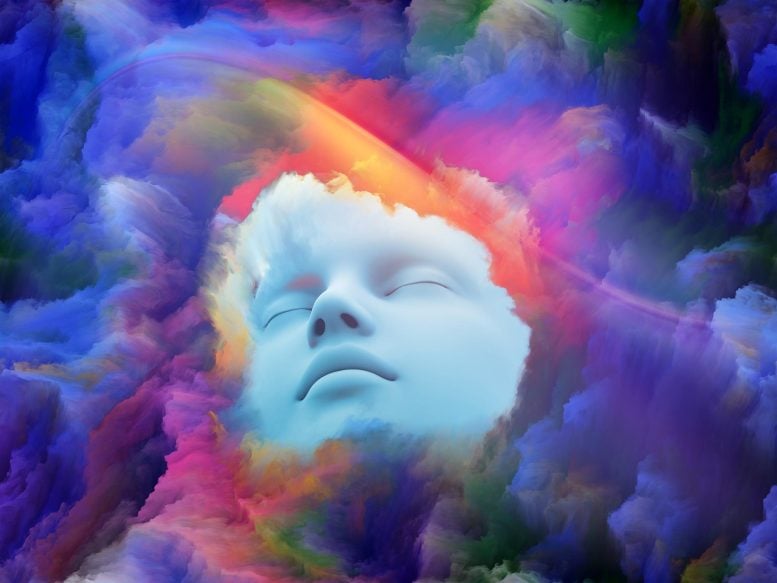
A recent study examined the impact of psychedelic experiences on belief changes. The results revealed significant increases in beliefs related to dualism, paranormal/spirituality, nonmammal consciousness, and mammal consciousness, but not superstition. An increase in nonphysicalist beliefs such as the universe being conscious, the mind working with the brain to generate behavior, or inanimate natural objects having conscious experiences, was observed. The study found that the percentage of believers in a higher power increased from 29% to 59% post-experience, and these changes in beliefs remained largely unchanged years later. Future research will focus on psychedelic research on secular spirituality and well-being.
Johns Hopkins Center for Psychedelic and Consciousness Research’s study found that a single psychedelic experience can significantly alter beliefs about consciousness, purpose, and the universe. The study showed that nonphysicalist beliefs, such as the universe being conscious and inanimate objects having experiences, increased after psychedelic experiences. The percentage of participants identifying as believers of a higher power rose from 29% to 59%. These changes remained consistent even years later.
Johns Hopkins Medicine researchers continue their exploration into psychedelics and how these drugs may produce a wide range of profound changes in perception, cognition and mood. In a recent study, published in the Journal of Psychopharmacology, experts from the Johns Hopkins Center for Psychedelic and Consciousness Research explored belief changes related to psychedelic experiences. They found that a single psychedelic experience increased a range of nonphysicalist beliefs as well as beliefs about consciousness, meaning and purpose. Further, the magnitude of belief changes was associated with qualitative features of the experience.
For the study, the researchers analyzed data gathered between August 2020 and July 2021 on 2,374 people who had a belief-changing psychedelic experience. Participants averaged 35 years of age and were predominately male (67%). Almost half of the participants (43%) indicated that the belief-changing psychedelic experience was their first.
For the survey, participants rated how they felt about 45 belief statements, from before to after they had the psychedelic experience, as well as at the time they filled out the survey. The results of the analysis revealed the beliefs were divided into five factors:
- Dualism — a philosophical position that the mind and body are separable, this is a view that many people hold intuitively (that the mind and body are separate).
- Paranormal/Spirituality — this factor covered a range of supernatural/paranormal/spiritual beliefs including the existence of telepathy, disembodied spirits and existence of self after death, communication with the dead, reincarnation and whether some people can predict the future or move objects with their mind.
- Nonmammal Consciousness — refers to whether insects, trees and rocks are capable of having a conscious experience.
- Mammal Consciousness — refers to nonmammal and mammal consciousness and whether these are “capable of having conscious experience” (e.g., cats and sheep are capable of having a conscious experience).
- Superstition — refers to beliefs that breaking mirrors, the number 13 and black cats bring bad luck.
Results of the analysis revealed increases in beliefs related to the first four factors. In contrast, belief changes for superstition were not as significant.
Examples of increases in nonphysicalist beliefs included increased belief in:
- The mind is a different kind of existence, a spiritual way of being.
- The universe is conscious.
- The mind is immaterial and it works with the brain to generate our behavior.
- Inanimate natural objects (e.g., rocks) are capable of having conscious experience.
- There is a hidden or deeper purpose to life and all of existence about which many people are unaware.
- There are hidden or deeper meanings to everyday events beyond both simple factual explanations and more complicated scientific explanations for understanding the world.
“Up to this point we have undertheorized and underemphasized psychedelic-induced belief changes,” says Sandeep Nayak, M.D., lead investigator and assistant professor of psychiatry and behavioral sciences at the Johns Hopkins University School of Medicine. “Guardrails against certain belief changes in clinical use are important, but the extent to which such nonnaturalistic beliefs may be therapeutic is unclear. There’s much more to learn here.”
The percentage of participants who identified as “believers” (e.g., in ultimate reality, a higher power and/or God, etc.) increased from 29% before the psychedelic experience to 59% after the experience. At both the factor and individual item level, higher ratings of mystical experience were associated with greater changes in beliefs. Belief changes assessed after the experience (on average eight years later) remained largely unchanged at the time of the survey.
“The magnitude of belief changes is strongly associated with mystical experience ratings, which are assessed without reference to supernatural beliefs,” says Roland Griffiths, Ph.D., the Oliver Lee McCabe III, Ph.D., Professor in the Neuropsychopharmacology of Consciousness at the Johns Hopkins University School of Medicine, and founding director of the Johns Hopkins Center for Psychedelic and Consciousness Research. “Major features of such experiences include a sense of connectedness, preciousness and validity. These features may account for changes in beliefs such as increases in a sense of purpose and meaning of life, and that the universe is conscious.”
The researchers say that future studies at the center will focus on empirical psychedelic research on secular spirituality and well-being.
Reference: “Belief changes associated with psychedelic use” by Sandeep M. Nayak, Manvir Singh, David B. Yaden and Roland R. Griffiths, 1 November 2022, Journal of Psychopharmacology.
DOI: 10.1177/02698811221131989

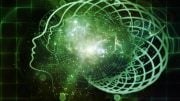

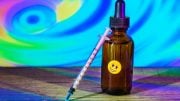
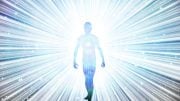

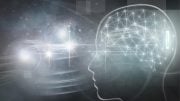

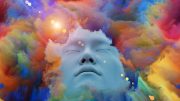
Be the first to comment on "Johns Hopkins Researchers Explore the Psychedelic Transformation of Beliefs"